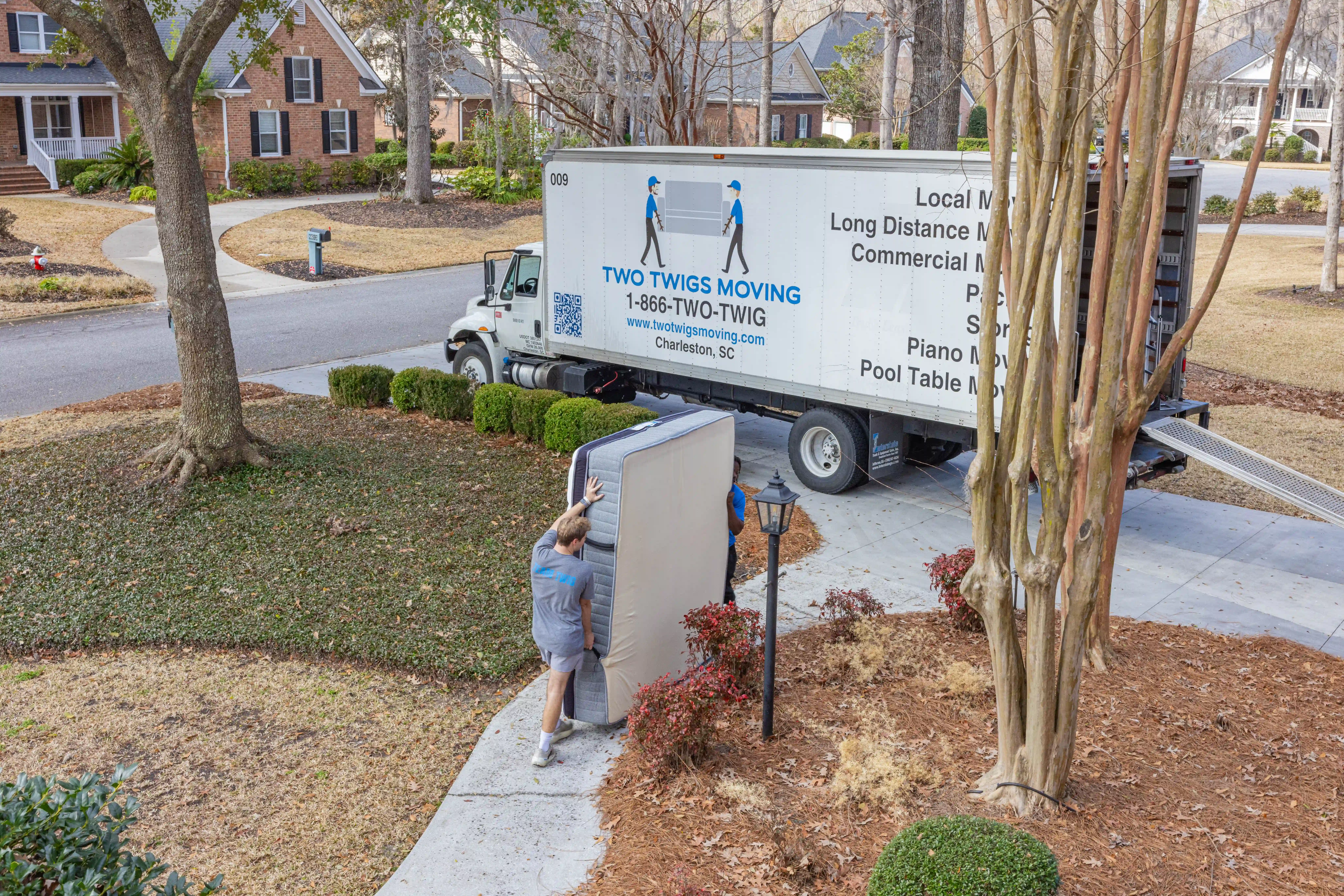Moving can be a complex and stressful experience, but understanding the terminology can make the process smoother and less intimidating. Whether you’re hiring a professional moving company or handling the move yourself, being familiar with common moving terms will help you communicate more effectively and make informed decisions. Here’s a comprehensive guide to the most common moving terms you should know.
1. Bill of Lading
The bill of lading is a crucial document that acts as a contract between you and the moving company. It includes details such as the moving date, pickup and delivery addresses, and an inventory of items being moved. This document is essential for tracking your shipment and resolving any disputes that may arise.
2. Binding Estimate
A binding estimate is a written agreement that guarantees the total cost of the move based on the items listed. This type of estimate provides peace of mind as you know exactly what you will be paying, with no surprises at the end of the move.
3. Non-Binding Estimate
In contrast, a non-binding estimate is an approximation of the moving costs. The final price may be higher or lower than the estimate, depending on the actual weight of your belongings and additional services used. This type of estimate offers flexibility but can lead to unexpected expenses.
4. Full-Service Movers
Full-service movers handle every aspect of your move, from packing and loading to transporting and unloading your belongings. They provide packing materials, do the heavy lifting, and can even help with unpacking. This option is ideal for those who want a hassle-free moving experience.
5. DIY Move
A DIY (Do-It-Yourself) move involves renting a truck and handling all aspects of the move on your own. This option can be more cost-effective but requires significant time and effort, including packing, loading, driving, and unloading.
6. Packing Services
Packing services are offered by many moving companies and involve professional packers coming to your home to pack your belongings. This service can save you time and ensure that your items are packed securely, reducing the risk of damage during the move.
7. Storage-in-Transit
Storage-in-transit (SIT) refers to temporary storage of your belongings during the move. This service is useful if there is a delay between your move-out and move-in dates. Your items are stored in a secure facility until you’re ready for delivery.
8. Valuation Coverage
Valuation coverage is the moving company’s liability for lost or damaged items during the move. Basic valuation coverage is typically included at no extra cost but offers minimal protection. For better coverage, you can purchase full-value protection, which ensures that the moving company will repair, replace, or offer a cash settlement for any damaged items.
9. Accessorial Services
Accessorial services are additional services provided by the moving company that go beyond standard loading and unloading. These can include packing, unpacking, disassembly and reassembly of furniture, appliance servicing, and storage. These services often come with additional fees.
10. Inventory List
An inventory list is a detailed list of all items being moved. This list is created by the moving company and is used to track your belongings during the move. It helps ensure that everything arrives at your new home and is essential for filing any claims for lost or damaged items.
11. Load/Unload
Load refers to the process of placing your belongings onto the moving truck, while unload refers to taking them off the truck at your new location. Professional movers are trained to load and unload efficiently to maximize space and prevent damage.
12. Long Carry Fee
A long carry fee is an additional charge applied when the distance from your door to the moving truck is longer than usual. This fee compensates the movers for the extra time and effort required to carry your items over a greater distance.
13. Shuttle Service
Shuttle service involves using a smaller vehicle to transport your belongings to or from locations that are not accessible by the moving truck, such as areas with narrow streets or low bridges. This service ensures that your items can be delivered even in challenging locations.
14. Binding Not-to-Exceed Estimate
A binding not-to-exceed estimate offers the best of both worlds. It sets a maximum cost for your move but allows the final price to be lower if the actual weight of your belongings is less than estimated. This provides cost certainty while potentially saving you money.
15. Flat-Rate Pricing
Flat-rate pricing is a fixed price for the entire move, regardless of the time taken or the weight of your belongings. This pricing method offers predictability and can make budgeting for your move easier.
Understanding these common moving terms will help you navigate the moving process with confidence. Whether you’re hiring professional movers or tackling a DIY move, being familiar with the terminology ensures clear communication and can make your move smoother and more efficient. By knowing what to expect and asking the right questions, you can plan and execute your move to North Carolina or any other destination with greater ease.
After familiarizing yourself with moving terminology, check out our Post-Move Survival Guide: Essential Tasks and Adjustments After Moving Day to make your transition into your new home easier.
Read more posts:
- Guide to Moving to and Living in North Carolina
- Moving to Matthews, Charlotte: A Comprehensive Guide
- Embracing the Chill: A Guide to Moving to a Colder City for the First Time
Your Ultimate Guide to Moving to and Living in French Quarter, Charleston
Moving with Plants: A Guide to Safely Transporting Your Green Friends


.svg)


